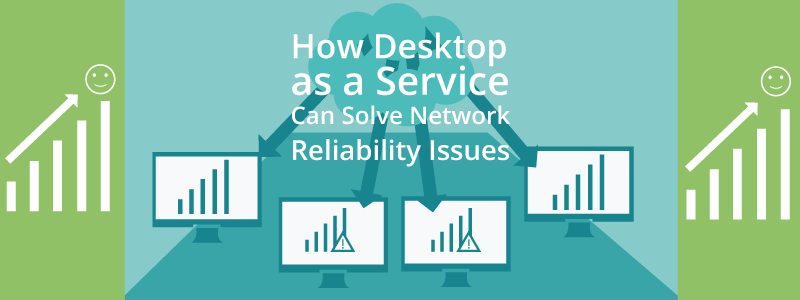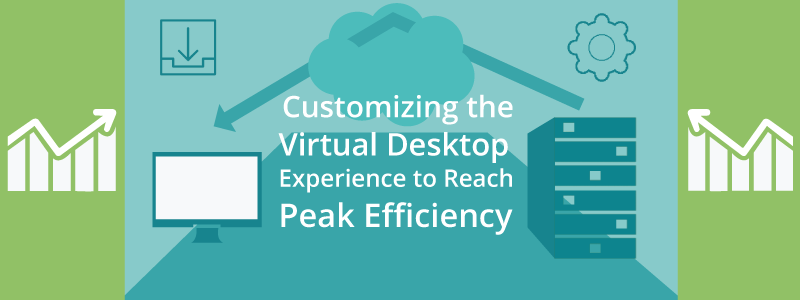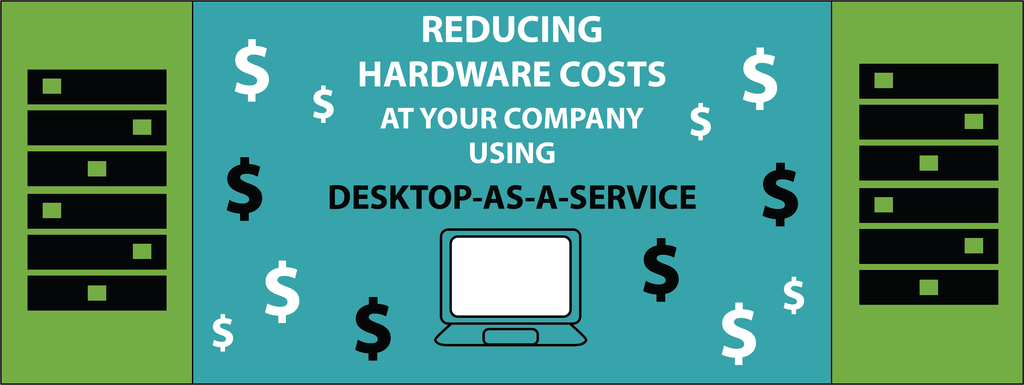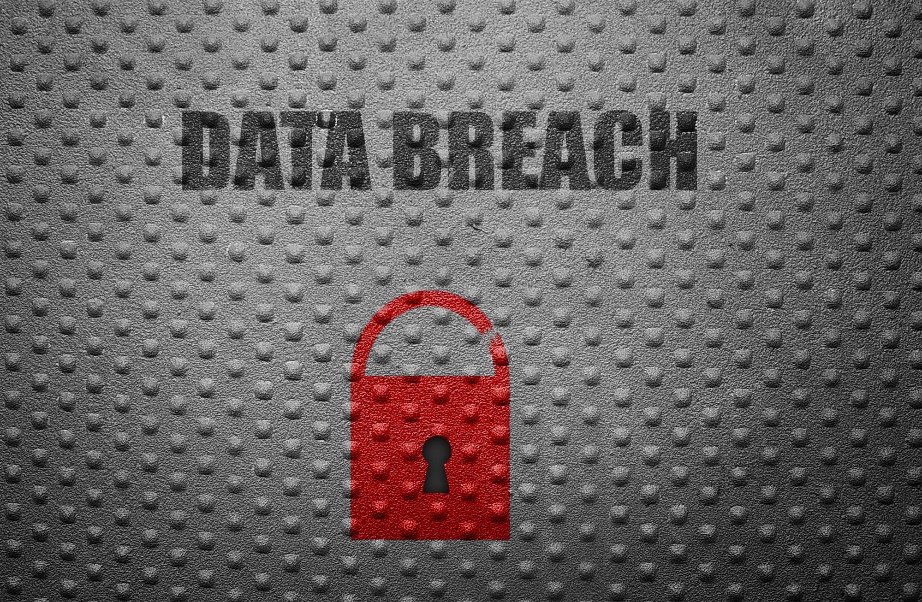The days of phishing scam emails and installing malware and Trojan horses on your computer are yesterday’s scams. Hackers today have stepped up their attacks in order to get people to freely give away their personal information by inviting them to take control of their computers, tablets, and even smartphones.
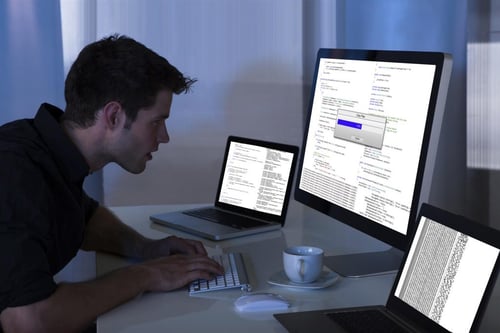
One of the newest forms of scams are pop-ups which state your device has been infected with some virus or malware, or that there is a system issue. Within this message are words like “suspicious activity detected,” or “your personal and financial information is at risk,” along with a phone number requesting you call it immediately.
You call, and are greeted by someone pretending to work for Microsoft, Apple, or some other trusted company. They tell you they need to remotely connect to your device, and, once you agree, you have just given the hacker access. Once they take control, they can install adware, malware, or viruses, or create a backdoor to use to monitor your activities to obtain your user names and passwords.
In addition, they will tell you they can “fix” the problem by paying a fee—often a few hundred dollars that you can pay for over the phone using your checking account, debit card, or credit card. Once they have these details, they can easily wipe your accounts out.
The best practice to avoid becoming a victim: If you see a pop-up, don’t click on it or call the phone number. You can try to clear it by pressing the ESC key, or simply shut down and restart the computer.
You can also increase online security by implementing desktop virtualization solutions through secure servers using services available from CyberlinkASP. Call us at (972) 262-5200 now for more information.

